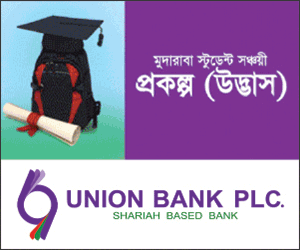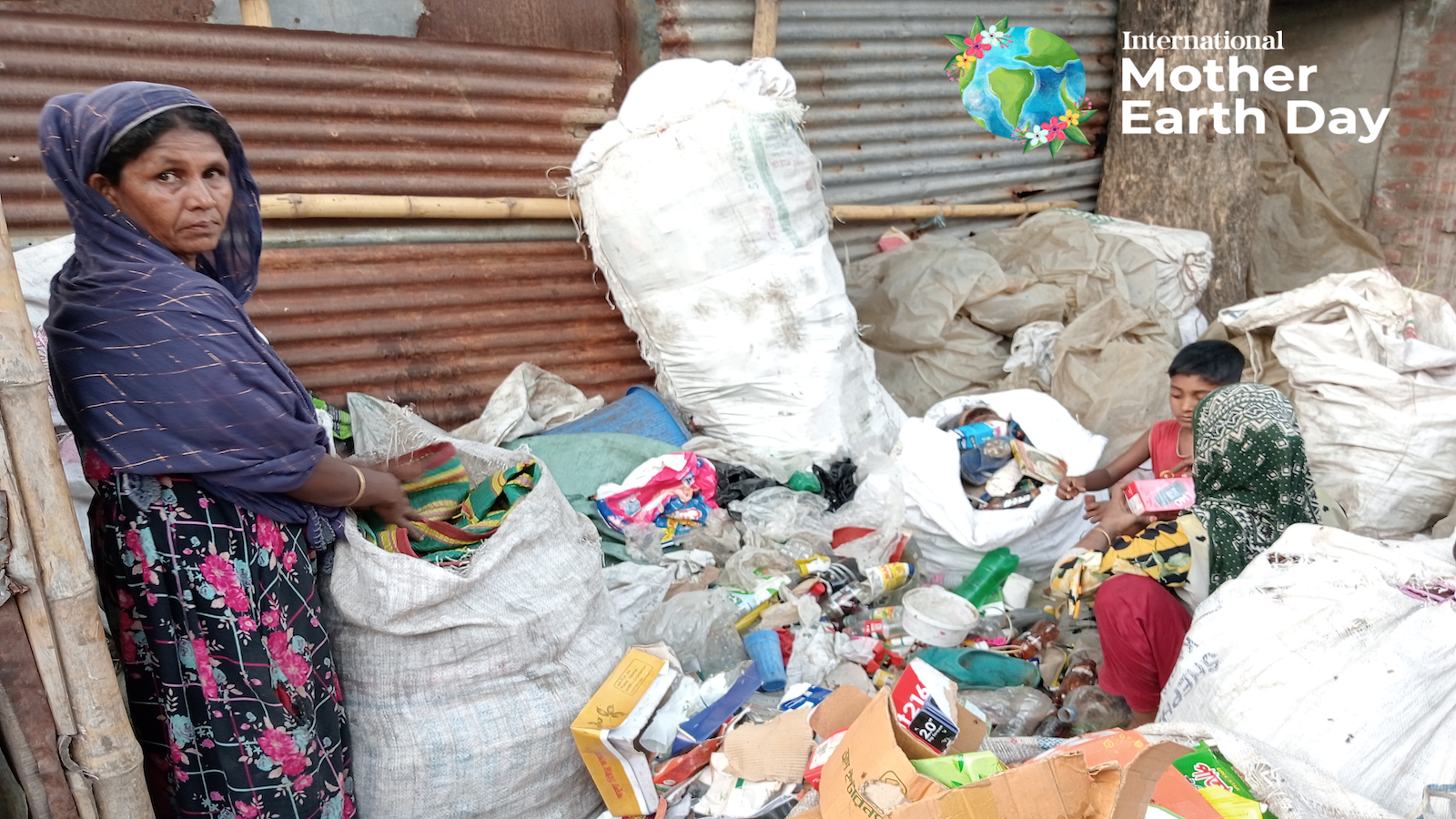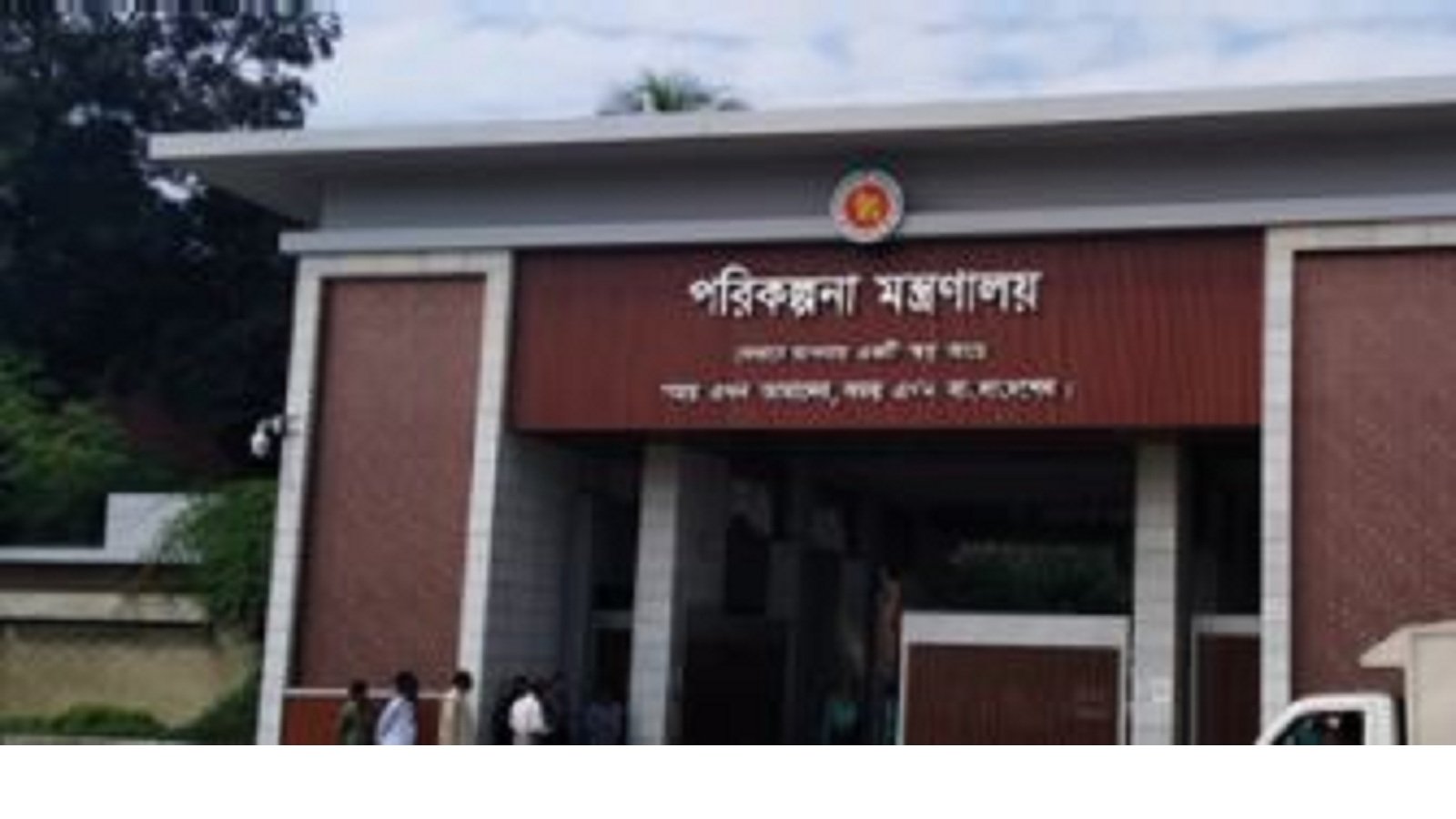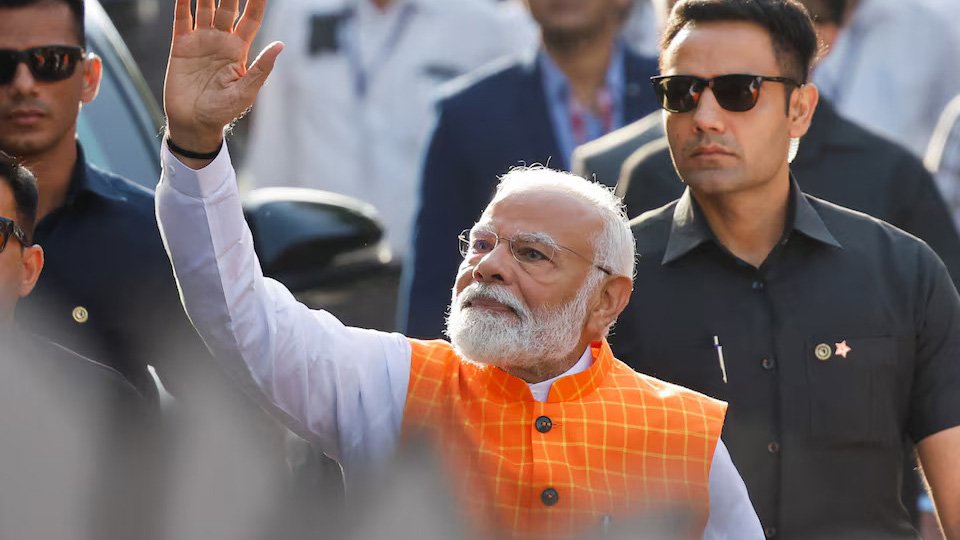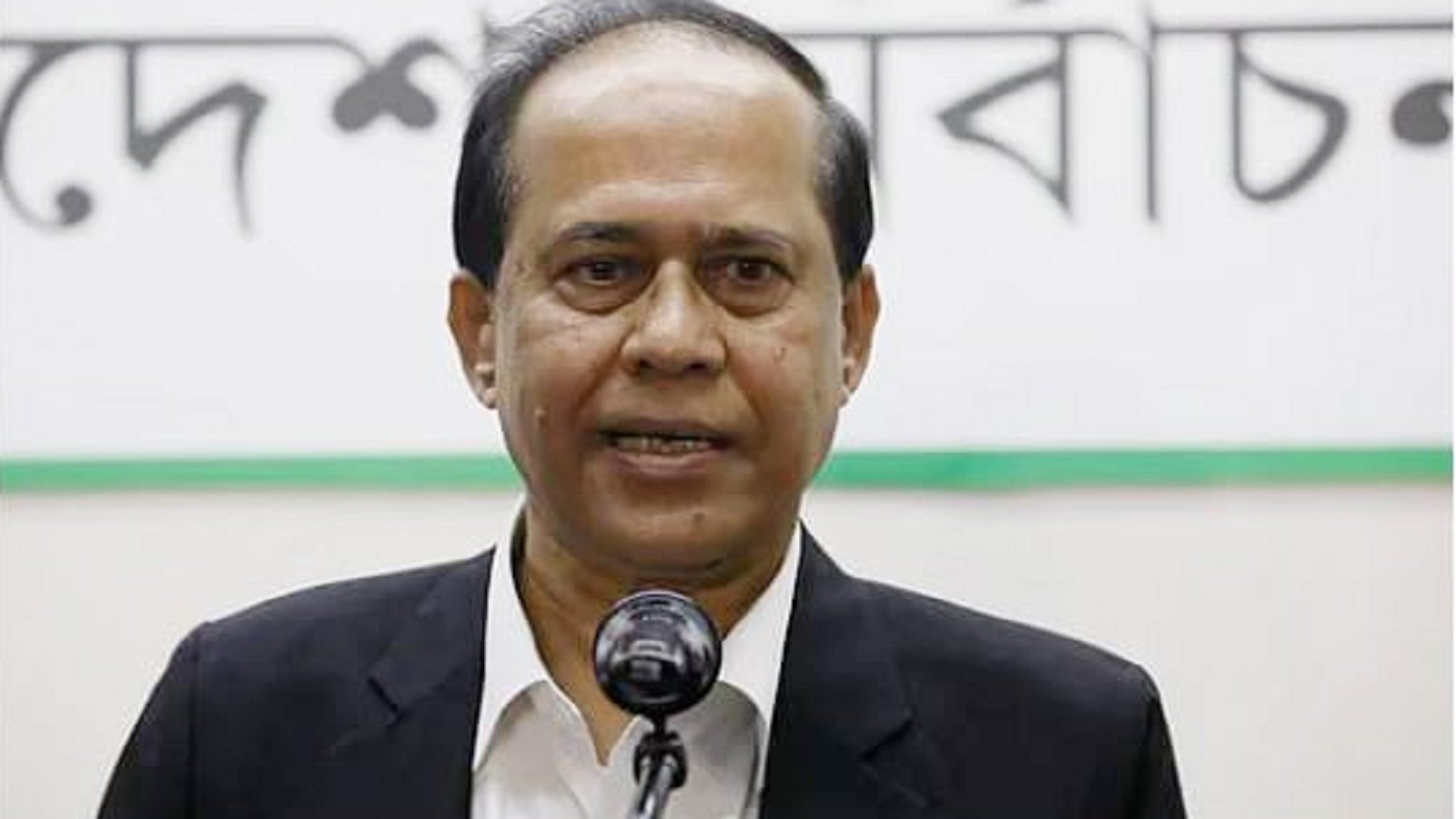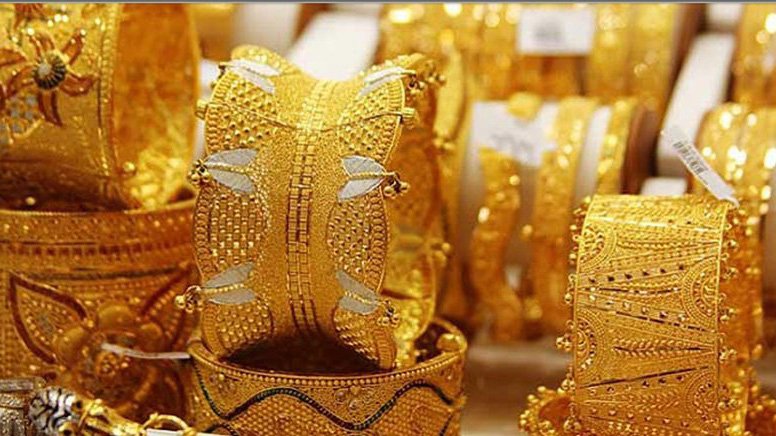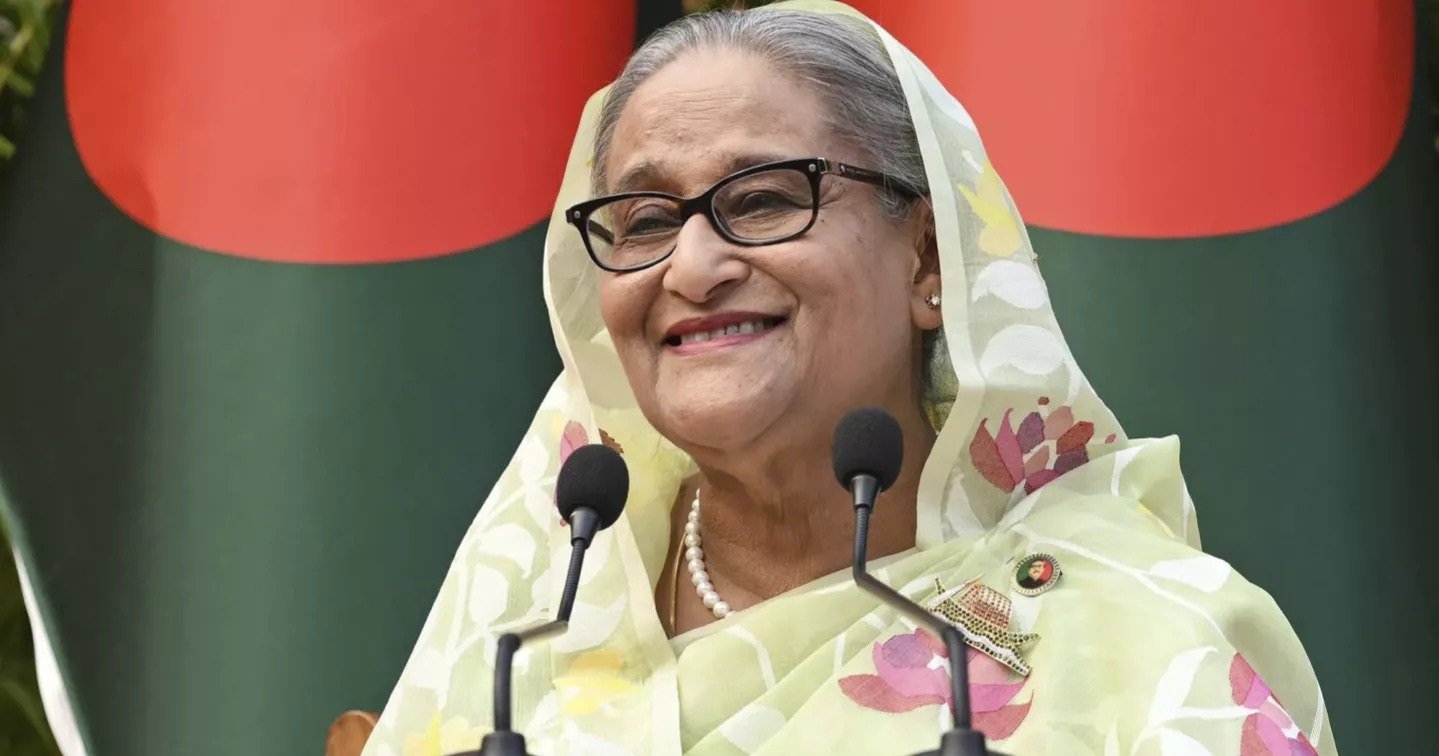Sustainable plastic recycling: Cleaner life for us, better livelihood for waste collectors
Discussion over the livelihood of waste collectors is crucial when the world is observing International Mother Earth Day this year with the theme: Planet vs Plastic. The day urges a call to action—a need to shift to a more sustainable economy that works for both people and the planet
Seeking a better life, the now 58-year-old Mohammad Alek Miah, migrated from a village in poverty-prone Rangpur to Narayanganj district 19 years ago.
He used to collect household waste on a cycle van and dump it at a landfill.
Narayanganj Municipal Authority, now a city corporation, paid him Tk3,000 monthly for this job.
Several years ago, Alek started a side business of supplying waste polyethene terephthalate (PET) bottles, segregated from household garbage to plastic recyclers.
He worked as an aggregator scrap trader while Dulali Begum and some other 15 people assisted his business as waste collectors.
Smooth money flow, at least for paying the waste collectors on a regular basis, is a must in such a supply chain.
Alek, having no insurance, had to borrow money from informal financiers.
While waste collectors like Dulali didn’t know which kind of plastic waste held the highest price, they didn’t have safety equipment either, and sometimes they would fall sick after being infected by the many germs that are on the waste materials.
Their business continuity was uncertain.
However, the situation of Alek and Dulali—collectively called “waste actors”—working in Narayang City Corporation, has been changing since they started to follow a solution-based business model that not only promises a better livelihood but also a sustainable way of plastic recycling.
“Earlier, we didn’t know there were 18-19 more valuable plastic items besides PET bottles. We didn’t care about our health. Our inclusion in a systemic business model is now helping us to earn more,” said Alek.
A solution to achieve sustainability
Discussion over the livelihood of waste collectors is crucial when the world is observing International Mother Earth Day this year with the theme: Planet vs Plastic.
International Mother Earth Day urges a call to action—a need to shift to a more sustainable economy that works for both people and the planet.
The 2024 theme provides another opportunity to utilise the many solutions which are already available.
In May 2022, piloting of fostering the economy and society of waste actors in Dhaka North City Corporation and Narayanganj City Corporation launched under the Recycling for the Environment by Strengthening Income and Livelihoods of Entrepreneurs (RESILIENT) project—implemented by Cordaid International's Bangladesh chapter.
Coca-Cola Foundation financed the project while Greentech Foundation Bangladesh provided mentorship.
One year later, the project stepped into the first phase while Alek and Dulali, along with some 420 waste actors in Narayanganj were included.
Under the project, the waste actors have been provided with work efficiency training, safety equipment like identical vests, hand gloves, rubber boots, face masks, and sanitisers, guidance for association formation for accessing formal financing, and documentation mandatory to get authorisation for running the business sustainably.
Waste actors are the key figures in the plastic recycling process.
“By enhancing the knowledge and capacity of them, we can increase the collection and recycling of plastic waste, create more jobs, and ensure sustainable livelihood. The more capable the waste actors are of feeding the recycling industry with plastic waste, the closer our country gets to being free from plastic waste,” said Md Feroz Alom, RESILIENT project manager in Narayanganj.
A step-by-step process
The first stage is waste collection from households, kitchen markets, general markets, institutions like schools, and restaurant sources.
Waste collectors sell the segregated collections to aggregators.
Then the aggregators either do it themselves or sell those to other parties for compressing the objects.
Compressed waste then goes to washing and crushing units run by other parties who crush plastic into flakes or smelt them to produce beads, and then sell the raw materials to plastic product producers.
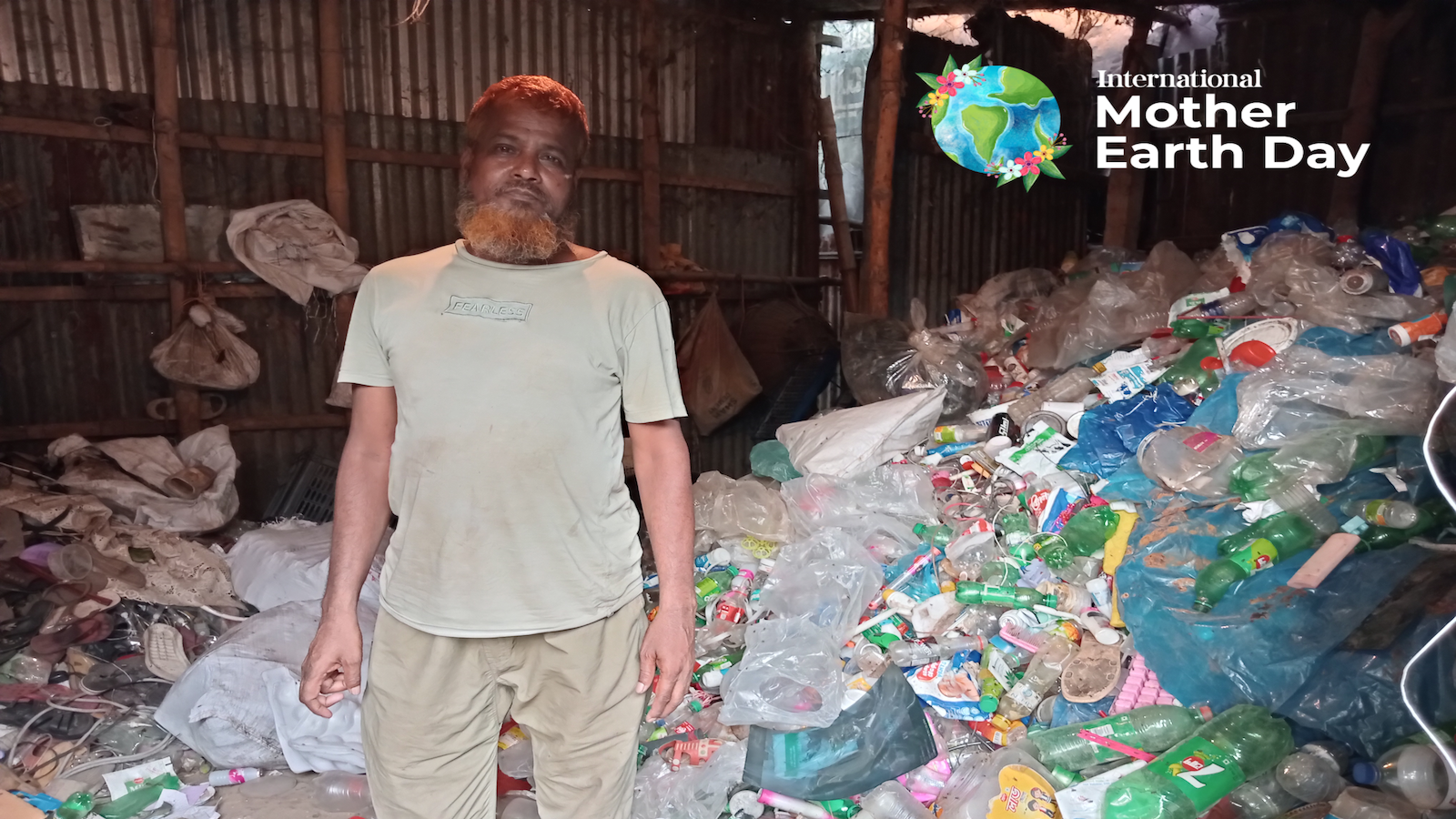
It is to be noted that the cheaper new sandals, toys, and plastic jars available in the market are mostly produced from recycled plastics.
In the whole process, segregation is the crucial part that traditional methods often ignore.
Waste segregation is a big challenge in the Bangladesh Government’s 3R strategy because there is no established way of waste segregation.
“If the collected plastic waste remains in good condition, its recycle value will be higher. Because the flexes or beads from higher-quality plastic waste are the best raw materials. Plastic product producers will need less virgin plastic if they mix the best raw materials,” Feroz explained.
A key component of the RESILIENT project is the promotion of Buy-Back Centres to support waste collectors in graduating to waste aggregators. . These centres act as community recycling facilities, where recyclables like plastics, paper, cans, glass, and PET bottles are purchased, sorted, and resold to brokers and recyclers.
Impact on earnings
In Narayanganj, around 1100 tonnes of waste are generated every day.
Of the waste, 20% is plastic materials, according to Cordaid International's Bangladesh chapter’s estimation.
60-70% are PET bottles which are sold at Tk25-40 per kg, depending on the quality of the supplied items.
Alek said, “Now the waste collectors know the value of the waste items, so do I. Subsequently, the knowledge helps us earn more.”
Once paid Tk3000 monthly from NCC, Alek now deals with waste worth Tk1.5-2 lakh and can profit Tk2,000 minimum every day, after paying around 60 waste collectors under Alek Trader enterprise.
Alek also has supported his son Nur Alom to open a venture Alom Bhangari Ghar at another NCC locality.
The father-son duo maintains memberships in an association from which they borrow business capital sometimes.
Cordaid International's Bangladesh chapter has facilitated the association to open a bank account.
Meanwhile, the income of Dulali who collects valuable waste scavenging from dawn to noon, has increased a bit.
“I can earn Tk35,000-Tk40,000 monthly and support my son’s family financially if my health permits,” Dulali said.
When asked what will the beneficiaries do when the project expires in August this year, Feroz replied that strengthening the aggregators is an important part of the project because, “if the aggregators can run and be able to expand the business sustainably, they can also ensure the income as well as health safety of the waste collectors.”
According to him, the project training modules include sensitising the aggregators about the health and safety of the waste collectors.
Because if one waste collector gets sick for days, the aggregator will certainly lose a certain amount of waste and consequently face a reduction in his income, he added.
Under the project, some waste management committees at the grassroots are being formed comprising local school headmasters, socially influential personalities, representatives of ward councillors, religious leaders, youth representatives, primary waste collectors and service providers, and recyclers.
“These committees will monitor the whole process so that the chain of waste collection, segregation, and processing for recycling don’t be interrupted,” Feroz said.
Still, there are challenges
Alek, Nur Alom, Dulali, or any of the waste actors don't use safety equipment.
They said they don’t feel comfortable with safety equipment.
However, they admitted that avoiding safety sometimes hurts their limbs or they get sick as they have many times before.
Cordaid’s Feroz said a long-term intervention, rather than a short-term project, could strengthen the waste actors’ health safety campaign and additionally solve other challenging issues.
Lutfor Rahman, executive director and CEO of Greentech Foundation Bangladesh—the organisation that mentors the RESILIENT project, emphasises that carrying on a sustainability-focused business model is important because Bangladesh would not receive aid from donor countries soon after its graduation from LDC to a middle-income country.
The mentoring part covers need assessment, providing suitable business knowledge, market analysis, and financial literacy.
“The country will only access investment when there is an issue of investment; there should be a business model,” he said.
However, Lutfor Rahman says the challenges are many enterprises in the waste management sector either lack the basics of business knowledge or passion.
Many of them come as impatient, cherishing quick returns, he said, adding, to train them, experts have to be hired to invest excess efforts which are expensive and borne by the mentor organisation.

Featured
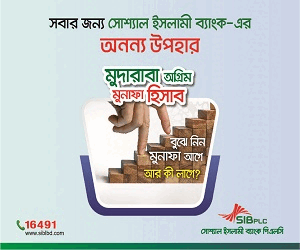
More From Bangladesh
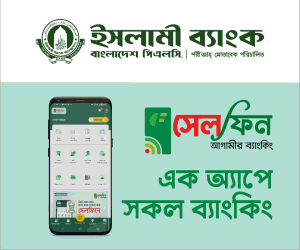
Latest
